November 7, 2014
Worldwide fall in levels of trust by employees in their workplace leaders
 They say a fish rots from the head, and with overwhelming evidence this week that workplaces are torn by backbiting, lying and bitching, a global analysis on workplace trust reveals a deterioration in the levels of trust employees have for their bosses. Interaction Associates annual workplace trust research, Building Workplace Trust 2014/15, found that more than half of the people surveyed gave their organisation low marks for trust and effective leadership. More than half of the 500 people surveyed at companies worldwide, give their organisation low-to-poor marks for trust and effective leadership. When asked to rate the statement “Employees have a high level of trust in management and the organisation”, just four out of ten agreed. The majority (58%) found their organisation lacking, and in fact, trust may be going from bad to worse at many organisations, as a quarter (26%) of those surveyed say they trust their boss less this year than in 2013.
They say a fish rots from the head, and with overwhelming evidence this week that workplaces are torn by backbiting, lying and bitching, a global analysis on workplace trust reveals a deterioration in the levels of trust employees have for their bosses. Interaction Associates annual workplace trust research, Building Workplace Trust 2014/15, found that more than half of the people surveyed gave their organisation low marks for trust and effective leadership. More than half of the 500 people surveyed at companies worldwide, give their organisation low-to-poor marks for trust and effective leadership. When asked to rate the statement “Employees have a high level of trust in management and the organisation”, just four out of ten agreed. The majority (58%) found their organisation lacking, and in fact, trust may be going from bad to worse at many organisations, as a quarter (26%) of those surveyed say they trust their boss less this year than in 2013.









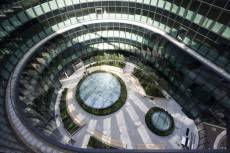



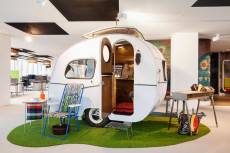
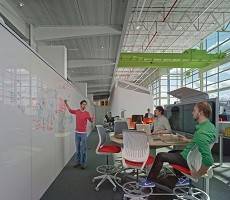
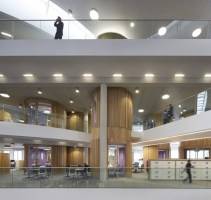
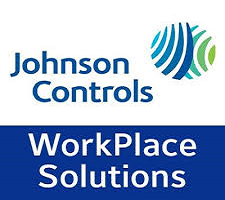








November 7, 2014
Orgatec 2014 focuses on collaboration, quiet and wellbeing in the workplace
by Anna King • Comment, Events, Furniture, Workplace design
Anna King reports from the biennial office furniture and interiors fair Orgatec, which took place recently in Cologne: Collaboration seemed to be king once again at this year’s Orgatec trade fair in Cologne, so much so that you’d be hard pressed to find a conventional workstation amongst the thousands of products on display. Even ergonomic task chairs in the traditional sense were thin on the ground. Senator’s offering was typical in its focus on collaborative work and the provision of work settings. As well as the Ad-Lib Scholar range for educational establishments, it presented the Ad-Lib Work Lounge multipurpose chair, both the work of British design studio PearsonLloyd. This upholstered model complete with headrest is available on glides or castors so it can slot into a multitude of workplace scenarios. Shown in some rich shades such as moss green and turquoise, it comes complete with a fold-down worksurface for brainstorming or other group working.
(more…)